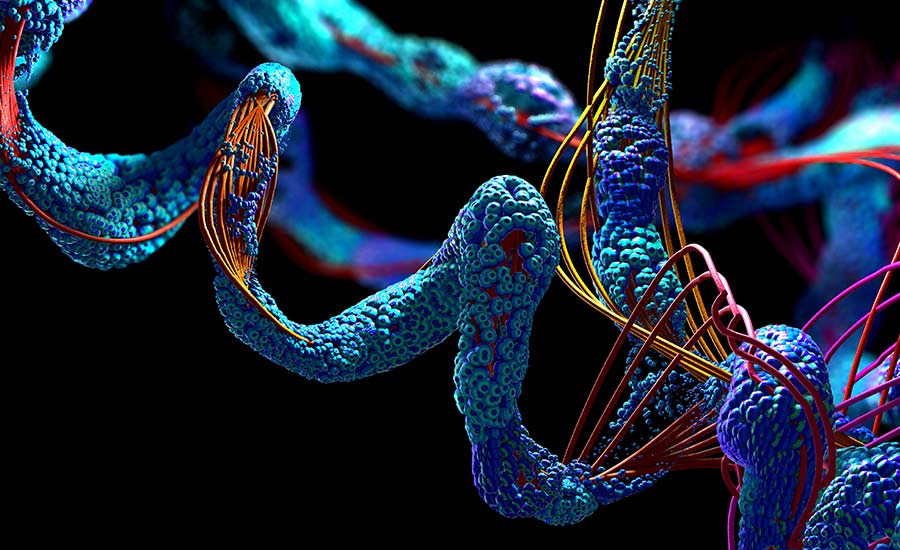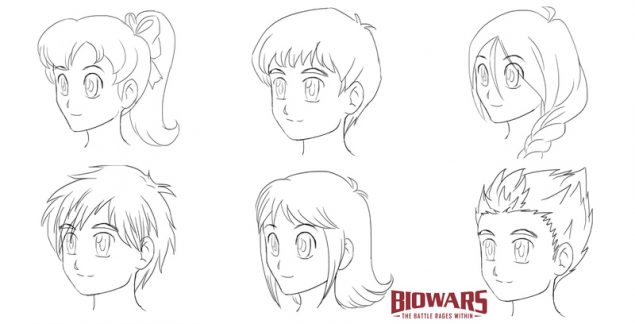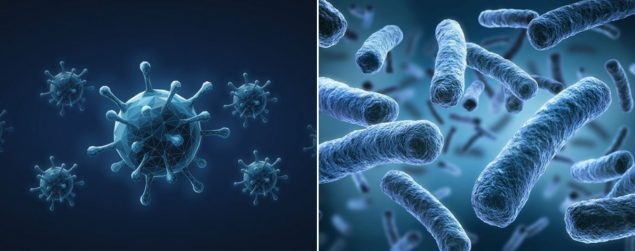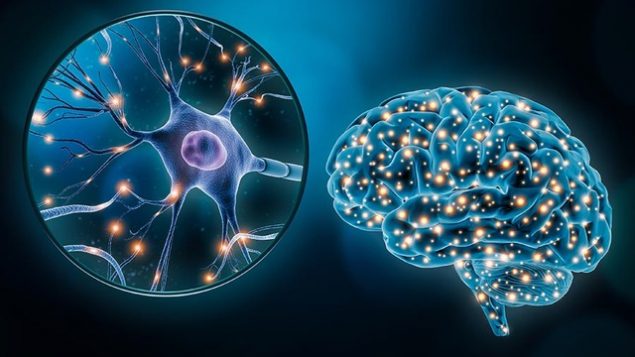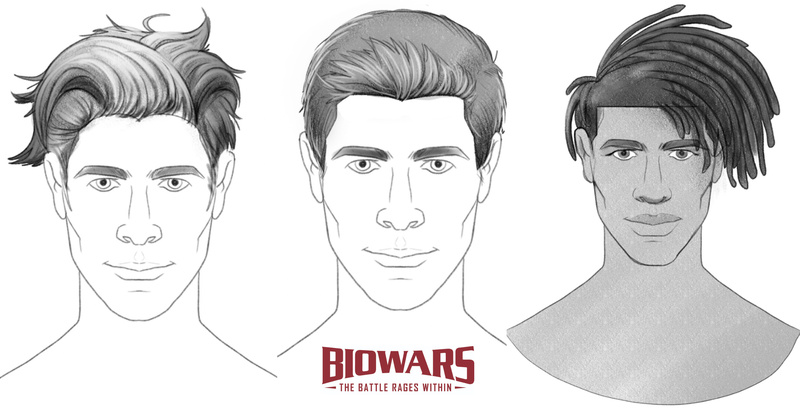Related Resources
Proteins build everything, from your muscles, organs and bones to your hair, skin and nails.
Research shows that your body contains anywhere between 10,000 to several billions of proteins!
In this article we’ll answer questions like:
- Where are proteins made?
- Why are there so many of them?
- And, why are they so important?
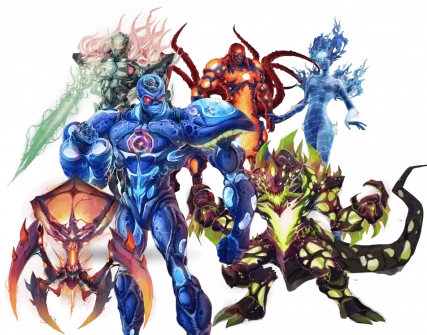
What Are Proteins?
Proteins are large, complex molecules present in every living organism.
The name “protein” comes from the Greek “prōteios,” which means “holding the first place” or “primary.” The name makes perfect sense when you know that, without proteins, life wouldn’t be possible!
Although proteins make up all organisms, they differ from one species to another. For example, a horse and a cat don’t have the same proteins.
Plus, they are organ-specific.
This means that the proteins in your brain aren’t the same as the proteins in your thigh muscle.
Since we’re on the topic of what keeps you alive and well, do you know how your immune system works? Every day, the soldiers of your immune system — the BioWarriors, as we call them — battle pathogens that threaten your health. In our comic book, we call these battles “BioWars.” Check it out!
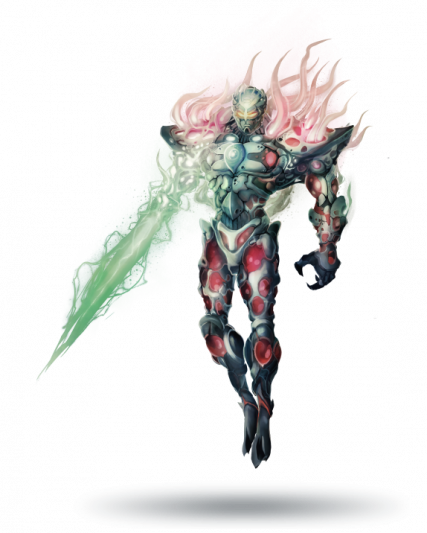
What Are Proteins Made Of?
Proteins are made of amino acids.
Amino acids are connected by peptide bonds that form between two amino acids.
What Are Amino Acids?
Amino acids are molecules that serve as the building blocks of proteins.
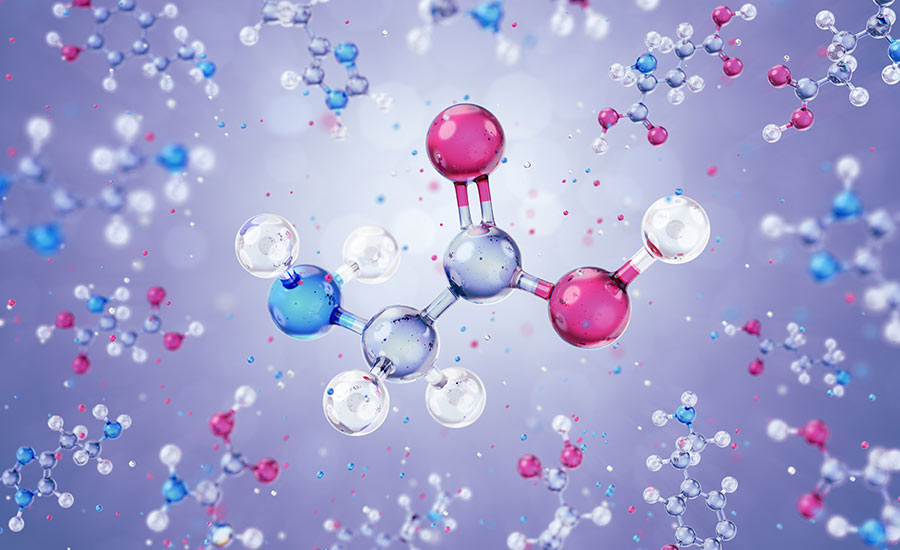
They contain mainly oxygen, carbon, nitrogen and hydrogen — if you’re into chemistry.
Amino acids play several big roles in your body.
Aside from building proteins, they also build neurotransmitters and hormones as well as help hormone production and their release into your bloodstream.
To build proteins, your body needs about 20 amino acids, nine of which are considered essential.
Your body makes the essential amino acids but, interestingly, it can’t make the non-essential amino acids on its own. You need to supply these through your diet. So, watch what you eat!
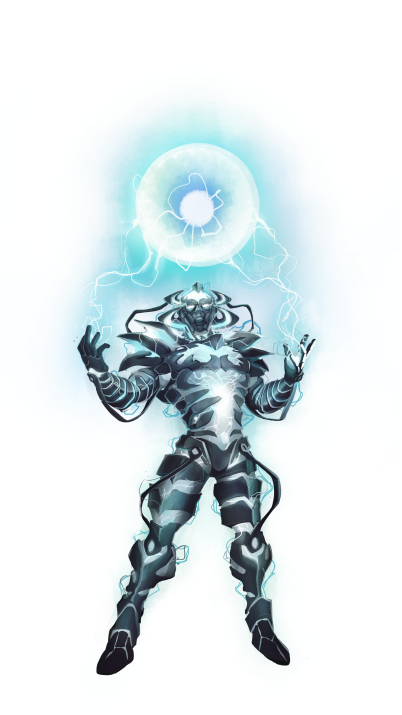
Where Are Proteins Made In A Cell?
Proteins are made inside ribosomes.
Ribosomes are organelles in eukaryotic cells, i.e. cells that have a nucleus surrounded by a membrane.
Do you remember what organelles are?
Organelles are the tiny organs within your cells in charge of many important tasks.
For example, your nucleus, which is an organelle, stores your DNA and allows for DNA’s transcription into RNA. That process is super important because your body needs RNA to synthesize proteins! But we’ll dig into that in a sec!
Now, back to ribosomes.
Ribosomes are placed in the cytoplasm of your cells.
They are in charge of arranging amino acids into a specific order commanded by the messenger RNA.
When many amino acids are joined together, they form a polypeptide chain. And one or more polypeptide chains joined with peptide bonds make a protein!
Ribosomes are like tiny factories that work 24/7. Their job is never-ending because every cell in your body needs proteins!
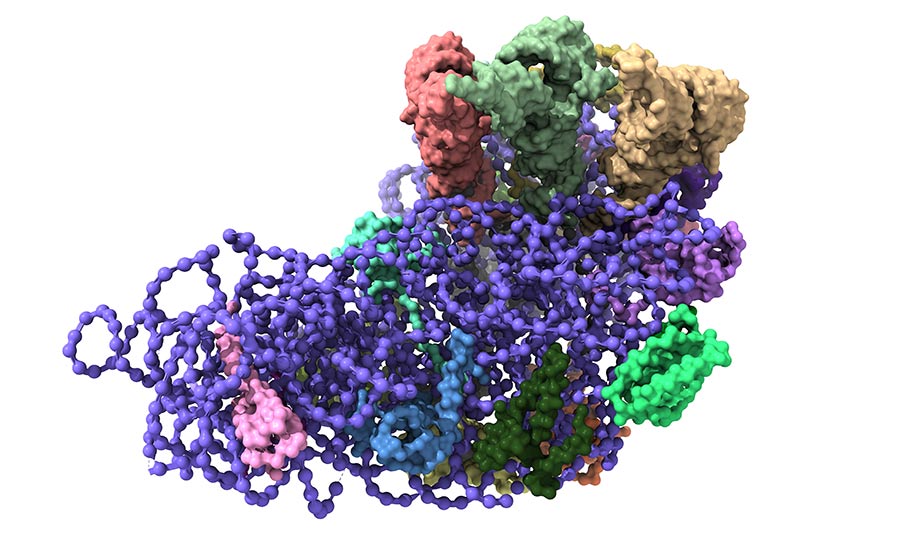
Since ribosomes are in charge of the protein synthesis, they’re also targeted by many antibiotics and other drugs.
For instance, when someone catches a bacterial infection like an ear infection for example, they often get antibiotics to block bacterial ribosomes from producing proteins. Once the protein synthesis gets blocked, there’s no way bacteria can survive, so they eventually die, and that’s how antibiotics get rid of bacterial infections.
How Does Proteins Synthesis Occur?
The production of proteins happens in two stages:
- Transcription
- Translation
Let’s break them down:
1. Transcription
Transcription is the process during which your DNA makes a molecule of messenger RNA (mRNA).
Your DNA stores your genetic information, which needs to stay intact. So, your DNA stays protected inside your nucleus at all times.
To pass on instructions for protein synthesis to ribosomes, it needs to give them to someone else, and that someone is mRNA!
Messenger RNA carries the copy of the information your DNA holds and it carries it to the cytoplasm.
That’s where the process of translation begins.
2. Translation
Translation is the process of translating mRNA’s instructions into proteins and ribosomal RNA, also known as rRNA is in charge of translation.
Then, transfer RNA (tRNA), which is also located in cytoplasm, delivers amino acids to ribosomes.
Depending on the instructions passed on by the DNA, amino acids are arranged in a particular manner, and then joined by peptide bonds, forming proteins!
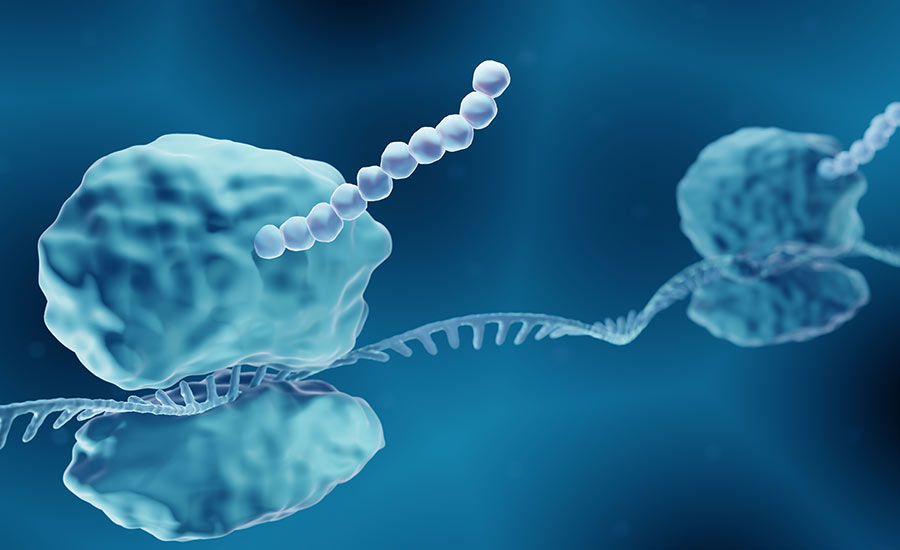
When translation ends, that doesn’t mean the process of protein synthesis is over.
Proteins then need to fold into a particular 3D structure that depends on their function, and their function is determined by the specific order of amino acids instructed by your DNA.
7 Types Of Proteins
Your body makes 7 types of proteins:
- Antibodies
- Enzymes
- Contractile proteins
- Hormonal proteins
- Structural proteins
- Transport proteins
- Storage proteins
1. Antibodies
Antibodies are proteins made by your immune system.
They are secreted by your B-Cells.
Antibodies are of important for your health because they attack pathogens, such as viruses, bacteria, parasites and fungi.
2. Enzymes
Enzymes are cell proteins that perform a lot of important functions in your body.
They control some crucial chemical reactions that:
- build your bones
- help heal your wounds
- impact your heart rate
- affect your breathing and thinking
- and develop your red blood cells
If needed, they can speed these reactions up, to ensure you stay healthy and well.
3. Contractile Proteins
Contractile proteins enable your cytoskeletal, cardiac and skeletal muscles to contract, allowing you to breathe, move your eyes, and perform pretty much any sort of movement.
They’re also present inside the cytoplasm of your cells, allowing for cell movement.
4. Hormonal Proteins
Hormonal proteins consist of amino acid chains.
They are important because they impact your endocrine system.
In fact, almost all hormones in your body are proteins, except for sex hormones and adrenal gland hormones, such as cortisol.
5. Structural Proteins
Of all types of proteins, structural are the most abundant.
They are key for giving shape and structure to cells and tissues.
Moreover, structural proteins also support your muscles, bones and hair.
Some of the well-known structural proteins include keratin and collagen — you might have heard these terms in haircare and skincare commercials.
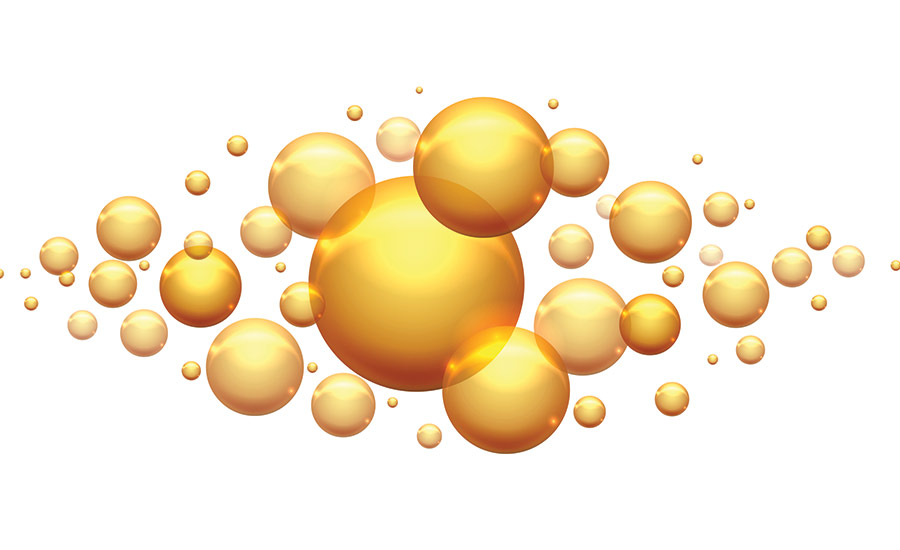
6. Transport Proteins
Transport proteins carry certain molecules across and through the cell membrane.
They transport substances such as ions, sugars, sodium (found in salt, for example) and potassium (found in bananas… and possibly in Despicable Me minions).
For example, transport proteins move glucose — a type of sugar — inside your cells, giving them the energy they need to sustain life.
7. Storage Proteins
As their name suggests, storage proteins store amino acids and metal ions, which can be used for your growth.
For instance, ferritin is a protein that stores iron. (Yes, iron! And, yes, that does kind of make you Iron (Wo)Man when you think of it…)
Iron strengthens your immune system and regulates your body’s temperature.
It is also a part of hemoglobin, another protein in your red blood cells, that carries oxygen from your lungs to the tissues throughout your body.
When someone has low iron levels, they may experience rapid heart beats because there’s not enough iron in hemoglobin to transport oxygen to all body parts. Rapid heart beats are an alarm of sorts in this scenario.
Why Should You Actively Help Your Body Make Proteins?
Proteins are important to your body because they affect everything from your cells and bones to your muscles and overall health!
Proteins help:
- Build and maintain muscle: You typically need a consistent amount of proteins with some exceptions; when you get sick, for example, during pregnancy, if you exercise a lot or you’re a professional athlete, you need more proteins to help you maintain and build your muscles.
- Cell structure and communication: We mentioned that proteins are important for your cells since they give them structure, but also allow for communication between your cells, organs and tissues. And cell communication is essential for wound healing and immune response.
- Maintaining the proper pH value of your blood and body fluid: pH tells us how acid or basic water or water-based substances are. Ever had heartburn? You get heartburn when you eat or drink something that’s very acidic. Remember hemoglobin from earlier? Aside from transporting oxygen to your tissues from the lungs, it can also glue acid to itself, so, when some parts of your body are more acidic than they should be, hemoglobin helps regulate the pH value.
A Recap On How & Where Proteins Are Made
Proteins are indispensable for your wellbeing.
Their production starts during the process of transcription, when your DNA makes a molecule of mRNA and passes the instructions for making proteins to it.
Your mRNA then travels to ribosomes, where rRNA translates mRNA’s instructions.
tRNA brings amino acids to ribosomes, which are arranged according to the DNA’s instructions.
As a result, proteins are formed!

